Green Giants: Top 9 OEMs Leading Environmental Change


Acer
- Acer manages its supply chain based on Electronic Industry Citizenship Coalition (EICC) principals.
- The company builds and designs energy and resource efficient products that use the fewest possible pollutants and hazardous substances.
- Acer works to design products to be easily recyclable, including screwless PCs.
- The company clearly labels its products with information about use and recycling of plastics on the products.
Apple
- 100% of the company's U.S. operations (corporate offices, retail stores, and data centers) run on renewable energy.
- Design focuses on reducing and eliminating harmful toxic substances from its products. Apple designed iPhone 6, iPhone 6 Plus, and iPad Air 2 to be free of beryllium.
- Apple grew its Clean Water Program from 13 supplier facilities to 49 in 2014, covering 59 billion gallons of freshwater usage per year.
- Last year, every Apple Retail Store in the world began taking back Apple products for free, environmentally responsible recycling.

Canon
- Between 2009 and 2014, Canon reduced the carbon emissions of its products from 122.5 to 93.7.
- In 2993, the company instituted the Canon Group Environmental Charter to marry environmental assurance and economic success.
- Canon researches lifecycle assessment (LCA) to ascertain and assess the environmental impacts a product makes throughout its lifecycle.
- Canon established recycling bases in Japan, the Americas, Europe and Asia in order to promote the recycling of its products globally.
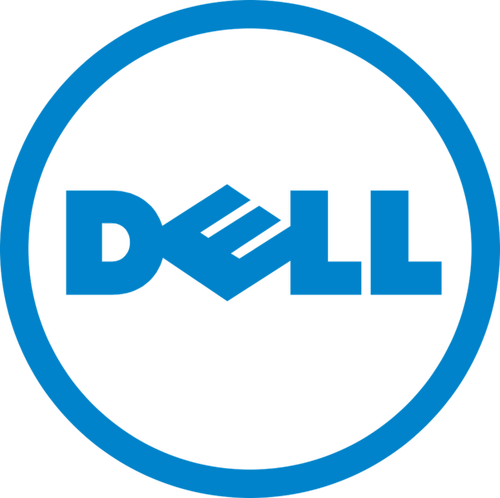
Dell
- The company launched its 2020 Legacy of Good Plan in October 2013. The plan outlines ambitious, long-term goals for its solutions, processes and people, and also strives to measure the ripple effect of how its technology is helping others to benefit the world.
- In 2014, Dell reduced greenhouse gas emissions from its facilities and logistics operations by a combined 8%.
- Dell has tackled design for environment issues with changes to its material choices, increase of energy efficiency in its products, design for easier recycling, and the creation of a closed loop plastics supply chain.
- Dell is also focusing on green packaging and product delivery through careful packaging design, the use of natural materials in packaging, and the minimization of footprint through use of ocean freight rather than air in its logistics planning.
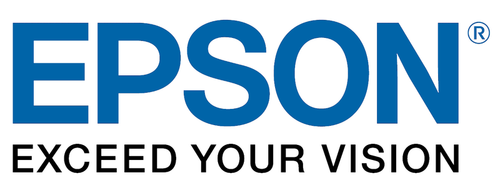
Epson
- Epson is designing and building printers equipped with high-capacity ink tank systems, which need consumables replaced less frequently and which use less power.
- The company has recycled 100% of its waste at global production sites since 2003.
- Epson has participated in the United Nations Global Compact since 2004 and works to uphold its ten principals by driving global initiatives in the areas of human rights, labor, environment, and anti-corruption.
- Since 2006, Epson reduced its carbon dioxide emissions by 41% and its water use by 58%.

HP
- HP has focused on advanced responsible mineral sourcing, driving smelters in its supply chain toward conflict-free certification and supporting initiatives to establish viable sources of conflict-free minerals.
- The company has created a more robust procurement scorecard with stronger incentives tied to social and environmental performance for its suppliers.
- In 2014, the company published its complete water footprint for the first time.
- The company recovered a total of 123,500 tons of hardware and supplies last year.
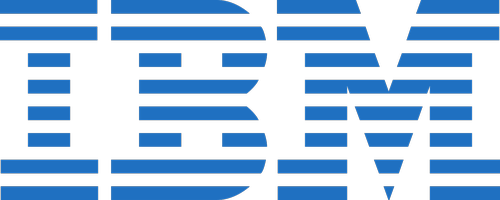
IBM
- Over the past five years, IBM has spent $74.7 million in capital and $479.5 million in operating expense to build, maintain, and upgrade the infrastructure for environmental protection at itsplants and labs, and to manage worldwide environmental programs.
- IBM has participated in the US EPA's SmartWay Transport Partnership since 2006. This voluntary initiative to improve fuel efficiency and reduce GHG emissions associated with logistics operations. Since 2009, 100% of IBM's spend for shipping goods within the U.S and from the U.S. to Canada and Mexico went through a SmartWay logistics provider.
- IBM is committed to doing business with environmentally responsible suppliers, focusing on those that work to enhance energy efficiency and which have climate protection programs.
- Recycled plastic used in IBM's products can range from 50% to 100% by weight of the commercial resin. In 2013, 14.8% of the total weight of plastic resins procured by IBM and its suppliers through IBM's corporate contracts for use in IBM's products were resins that contained between 50% and 100% recycled content.
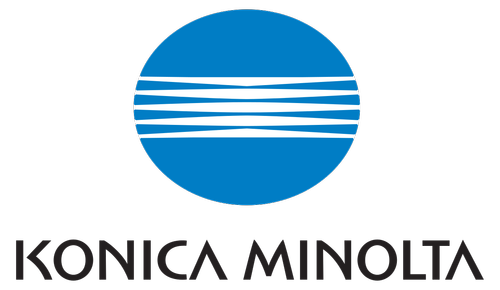
Konica-Minolta
- Konica Minolta has been conducting R&D on various ways of using recycled plastic, looking to help build a recycling-oriented society.
- The company is developing organic light emitting diode (OLED) lighting technology that can be used to save energy in a variety of applications.
- Konica Minolta has introduced a Green Products Certification System for evaluating and certifying products with superior environmental performance. In fiscal 2013, Konica Minolta placed 39 new models of certified products on the market, bringing the total up to 114 models.
- Konica Minolta developed a Green Factory Certification System to evaluate its facilitates in terms environmental activities with an eye toward simultaneously pursuing cost reductions and environmental impact reductions.
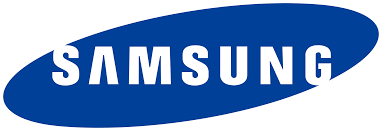
Samsung
- Samsung Electronics supports global mandatory cuts of greenhouse gas emissions of at least 50% by 2050 (from 1990 levels) and mandatory domestic cuts by industrialized countries of at least 30% as a group by 2020.
- Beginning October 2008, people are able to drop off their Samsung-branded consumer electronics at collection sites and events, including a network of permanent drop-off centers covering all 50 states.
- Since 2011, Samsung Electronics has organized annual training and briefing sessions for CEOs of supplier companies to stress the importance of the ban on conflict minerals. Approximately 3,000 suppliers across the globe pledged to adhere to Samsung Electronics' policy on avoiding the use of conflict minerals.
- Samsung Electronics reduced the annual power consumption of its major consumer electronics products including TVs, refrigerators, and washing machines by 42 percent between 2008 and 2013.

Comments